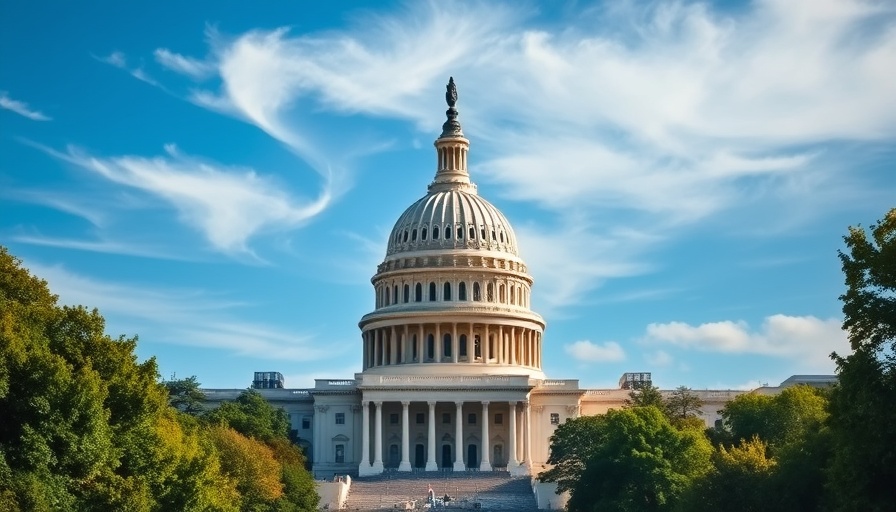
Understanding Your Financial Safety Net in Uncertain Times
When the government faces a shutdown, many citizens worry about how it will affect their essential services. While uncertainty looms, it’s vital to know which services remain uninterrupted. This article highlights ten government services that, despite any political stalemates, will continue to serve as a financial lifeline for those in need.
Essential Services That Keep Running
Social Security and Medicare, two of the most critical programs for many Americans, remain unaffected during a shutdown. These programs provide invaluable support, particularly for seniors and those with disabilities, ensuring they continue to receive necessary medical care and financial assistance.
Another critical area is food assistance programs like SNAP. For individuals and families facing food insecurity, this program is crucial and will persist regardless of the political climate. In New Jersey, the demand for this support system only highlights its importance.
In addition, veterans' services, including healthcare and benefits, are guaranteed to function through any shutdown. This ensures that those who have served our country continue to receive the support they need. Education programs, particularly the Pell Grant program, also remain funded, providing financial assistance for students pursuing higher education.
Planning for Uncertain Times
While services like Social Security and Medicare are safe, it's wise to take control of your personal finances in the face of political uncertainty. One proactive measure is reviewing your budgeting strategies. As expenses can vary during such times, tracking your spending can help identify areas for cost reduction and help alleviate debt.
Debt reduction becomes even more salient during times of crisis. Paying down loans and managing credit effectively can provide peace of mind, allowing you to navigate uncertain times with less stress. Consider adjusting your financial goals—sometimes, a temporary change in perspective allows for fresh, innovative ways to achieve them.
Real-Life Impact of Financial Awareness
In my local community in New Jersey, I’ve seen firsthand how individuals respond to financial stress. For instance, community workshops focusing on budgeting, credit repair, and financial literacy have been thriving. It’s heartening to see people come together to share experiences and learn more about reaching their financial goals.
One poignant example is a local resident, Sarah, who successfully reduced her debt by applying simple budgeting techniques learned during such workshops. While public services may remain funded, it’s the community connections that often provide the most immediate support during difficult times.
Empowering Yourself Financially
To further prepare for any potential disruptions, consider enhancing your income through side hustles or freelance work. In our digital age, opportunities abound for those willing to put in the effort. Whether it's driving for a rideshare service or offering skills online, boosting income can make a substantial difference.
Finally, remember that planning for retirement is a long-term commitment and shouldn’t be overshadowed by current events. Utilize resources and tools that give you control over your savings. Explore options like IRAs and 401(k)s, ensuring you make the most of employer matching contributions.
Stay Informed and Take Action
In conclusion, while the threat of government shutdown may cast a shadow, it's crucial to understand the resources still available to you. Educate yourself on programs that will remain functional and actively participate in your financial wellness. Never hesitate to reach out for advice or educational opportunities within your community to safeguard your finances. Remember, staying informed is your best defense against uncertainty.
Now is the time to take action. Start budgeting, reduce unnecessary debt, and set those financial goals in motion. Your financial health matters not just today but also for every tomorrow.
 Add Row
Add Row  Add
Add 




Write A Comment